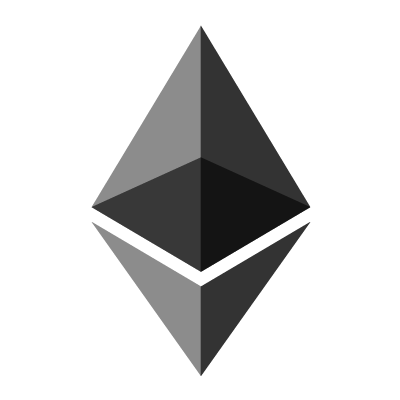My friend built this super user-friendly EVM tool for devs to have easier access to web3 data.

 |
We all know that it is not that easy for web3 developers(especially for front-end) to access and present Web3 data due to the infrastructure design of blockchains. To resolve this issue, My friend DIY single-handedly came up with this human-friendly open-source project Unidata a few days ago. We believe this tool will make Web3 data much easier to access and display for developers. Docs: https://unidata.app/ GitHub: https://github.com/NaturalSelectionLabs/Unidata Let's take the most commonly used web3 data ETH NFT as an example to elaborate on the issue.
To address the first issue, Unidata has designed a series of user-friendly and uniform data specifications, divided into four sections – Profiles, Links, Assets, and Notes, and Ethereum NFTs fall under the Assets specification. With a fixed data format returned by Unidata, the front-end no longer has to do the troublesome work of adapting a confusing data format. Unidata currently supports Ethereum NFT and Solana NFT as well, and the data specifications for Ethereum NFT and Solana NFT are unified. In addition, Unidata will continue to support more Assets sources, all of which will also have unified specifications. Once the first issue was solved, the second is easy: Unidata's approach is to unify and aggregate the data returned by the various services into the same format. For example, the OpenSea service supports the mainnet, the Alchemy service supports Polygon, the Moralis service supports BSC, Arbitrum, and fantom, and the POAP service supports POAP NFT for the Gnosis chain. With a single line of code from Unidata, you can use these services to get all the NFTs for mainnet, Polygon, BSC, Arbitrum, fantom, and POAP at the same time. An online demo can be seen here. Unidata currently supports not only Assets, but also Profiles, Links, and Notes sections. All the services and data sources currently supported can be seen in this documentation. – Assets currently support Ethereum NFT(mainnet, Polygon, BSC, Arbitrum, Fantom, Gnosis, POAP), Solana NFT, Alchemy, Solscan, Moralis, and OpenSea. – Notes currently support Mirror Entry, Ethereum NFT Activity(mainnet, Polygon, BSC, Arbitrum, Fantom, Gnosis, POAP), RSS3. – Profiles currently support ENS, Crossbell, Infura. – Links currently support CyberConnect. Many more features are in progress and will be active very soon. Please feel free to give my friend any feedback. He would like to welcome everyone to join Unidata's discord community and this opensource project. Discord: https://discord.com/invite/ggrfhdS9Fe Twitter: https://twitter.com/Unidata_ submitted by /u/ginpunch |